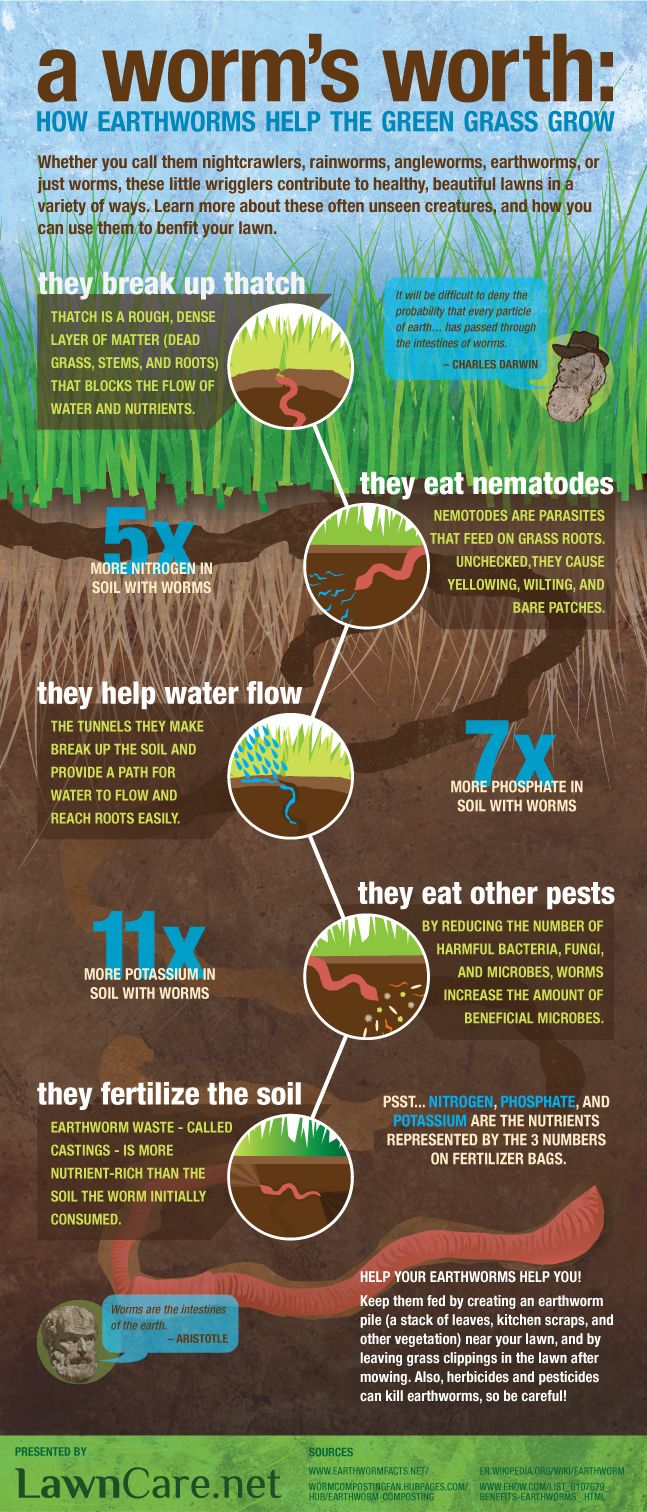Introduction
Healthy soil is the foundation of a thriving garden, and worms play a crucial role in maintaining it. Gardeners often ask, “How many worms do I need for my garden?” Understanding the right number and type of worms can dramatically improve soil fertility, plant health, and overall garden productivity. This article explores why worms are essential, how many you need, and practical tips for integrating them into your garden ecosystem.
Why Are Worms Important for Your Garden?
Worms act as natural soil engineers. They improve soil structure, enhance nutrient availability, and promote healthy microbial activity. Here are some key benefits:
- Soil Aeration: Worms tunnel through the soil, creating pathways that improve air and water movement.
- Nutrient Recycling: They break down organic matter into nutrient-rich castings that plants can easily absorb.
- Improved Drainage: Their burrowing helps prevent waterlogging, reducing root diseases.
According to soil scientists, a healthy garden soil typically contains about 100 to 1000 earthworms per square meter, depending on soil type and organic matter content. This density supports optimal soil health and plant growth.
How Many Worms Do You Need for Your Garden?
The number of worms needed varies by garden size, soil condition, and purpose. Here’s a general guideline:
Worm Density for Different Garden Sizes
| Garden Size | Recommended Worm Count |
|——————|———————————-|
| 1 square meter | 100 to 1000 worms |
| 10 square meters | 1,000 to 10,000 worms |
| 100 square meters| 10,000 to 100,000 worms |
To calculate how many worms you need:
- Measure your garden area.
- Multiply by 100 to 1000 worms per square meter.
- Adjust based on soil health—less fertile soils may need more worms.
Factors Influencing Worm Numbers
- Soil Moisture: Worms thrive in moist, not waterlogged, conditions.
- Organic Matter: Rich organic content encourages worm populations.
- Soil pH: Neutral to slightly acidic soils (pH 6-7) are ideal.
Types of Worms Best Suited for Gardens
Not all worms are created equal when it comes to gardening. The most beneficial species include:
- Red Wigglers (Eisenia fetida): Excellent for composting and surface soil enrichment.
- Nightcrawlers (Lumbricus terrestris): Deep burrowers that improve soil aeration.
- European Nightcrawlers (Eisenia hortensis): Good for both composting and soil improvement.
Choosing the Right Worm for Your Garden
- For raised beds and compost bins, Red Wigglers are preferred.
- For large garden beds and lawns, Nightcrawlers help enhance soil structure.
How to Introduce and Maintain Worms in Your Garden
Introducing worms requires careful steps to ensure they thrive.
- Prepare the Soil: Add organic matter like compost or leaf mulch.
- Purchase Healthy Worms: Buy from reputable suppliers to avoid pests or diseases.
- Release Worms Properly: Spread them evenly across the garden during cool, moist conditions.
- Maintain Moisture: Keep soil damp but not soggy.
- Avoid Chemicals: Pesticides and synthetic fertilizers can harm worm populations.
Tips to Encourage Worm Population Growth
- Regularly add organic mulch.
- Avoid excessive tilling that disrupts worm tunnels.
- Rotate crops to maintain soil health.
Real-World Impact: Case Studies and Expert Insights
A study by the University of California showed that gardens with worm populations had 25% higher plant yields due to improved nutrient cycling. Master gardener and soil expert Dr. Lisa Johnson notes, “Introducing the right number and type of worms can transform garden soil within one growing season, making plants more resilient and productive.”
Conclusion
Worms are indispensable allies for any gardener aiming to boost soil health and plant growth. While the exact number depends on garden size and conditions, aiming for a density of 100 to 1000 worms per square meter is a practical target. Choosing the right species and maintaining favorable soil conditions ensures worms thrive and perform their vital role effectively. Start introducing worms today and watch your garden flourish naturally!
